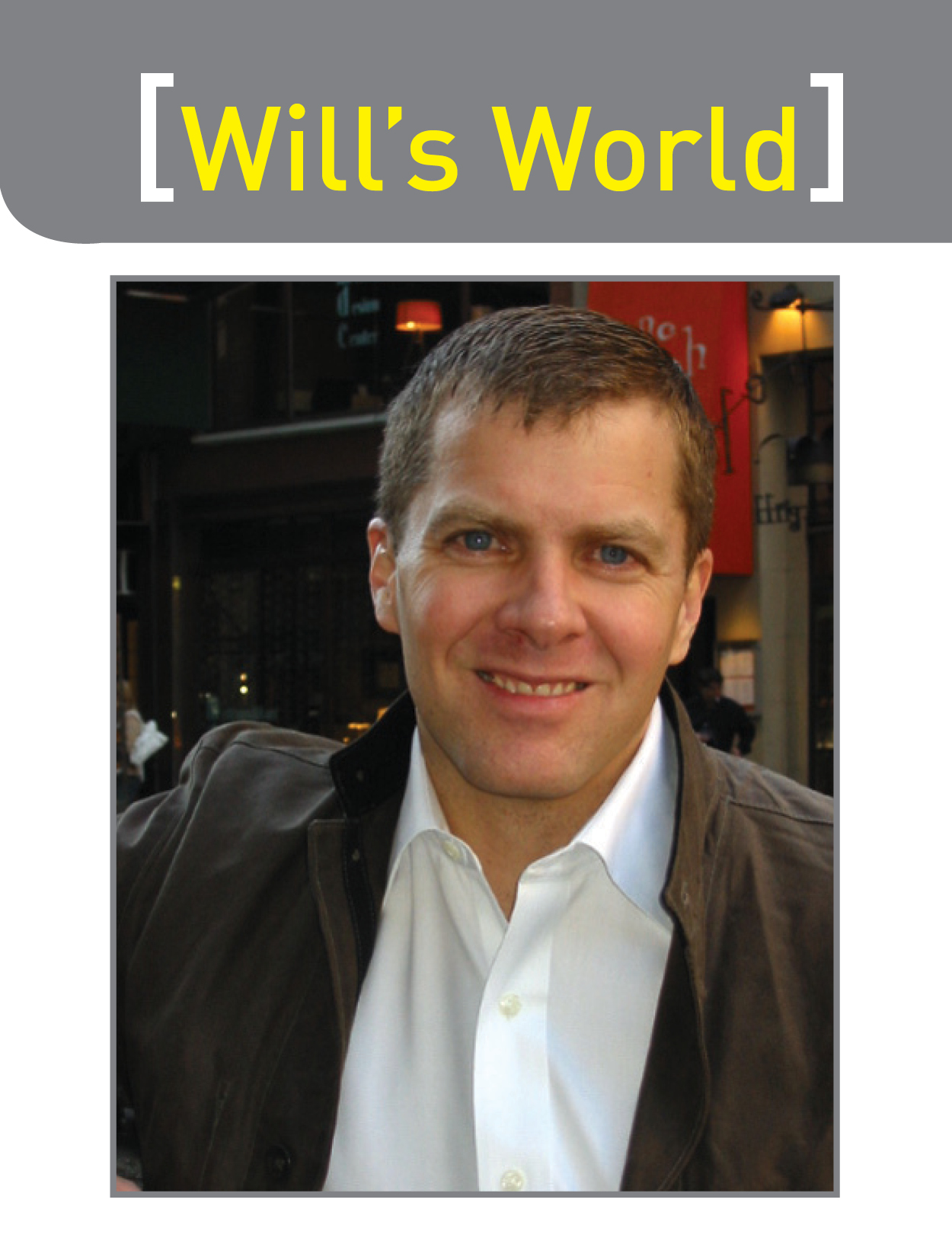By Will Carlin
He rolled his eyes. He was embarrassed. But it wasn’t because of something he did; he was embarrassed because of what I was doing. He is a teammate of mine on our NYC squash league team and I have known for awhile that he thinks this one thing I do is silly and overbearing. He isn’t the only one; a number of my teammates have not said anything directly to me, but I am aware that they don’t like it either.
In theory, our local squash association (the Metropolitan Squash Racquets Association) has a league rule: if anyone on your team plays their match without wearing goggles, the whole team defaults the match. It is ineffective because the punishment is so harsh that no one actually enforces it. It would be like highway cops being forced to jail every speeder they caught; most of the time, they just wouldn’t do it.
I don’t enforce it either, but every match that I play, I make a big deal about everyone on both teams wearing protective eyewear. Over the years, I found that many people use the excuse: “I don’t have a pair.” So, two years ago, I bought an extra pair to have in my bag just for this reason.
On this Monday evening, my teammate’s eyes went toward the ceiling when I pulled out my spare pair and offered it to his opponent. When they were going back on the court, I heard my teammate apologize to my opponent: “Sorry, he is ridiculous about this.” It isn’t the first time I have heard something like this. I play dumb—as if I can’t hear it—but I do.
Toward the end of the hardball era, virtually everyone in the US wore goggles without thinking about it. It was the standard, and because the best hardball player of all-time, Mark Talbott, always wore them, it was a no-brainer. But these days, the adherence to the rule is waning. Part of the reason is that the PSA has never really gotten on top of this issue. It would be so easy: international juniors already are used to playing with goggles, and if you simply grandfathered the rule in, within about ten years it would be the standard without upsetting any of the top pros.
Within NY, the migration of top international players has become so great that—more than ever—there are top players who are playing without protective eyewear. Even worse, many of these great players teach the game—often without wearing eyeguards or encouraging their students to wear them. The one thing that has always been a constant through the years, however, is that tournament play required them.
Recently, though, I played in a tournament that I didn’t know was unsanctioned. I was playing decently, and I had made the semifinals. I was playing against someone who is very talented and very hard to play. I was looking forward to the challenge.
During warm-ups, I noticed that he wasn’t wearing goggles. As we completed the warm-up, I asked him if he had goggles. He said no. I offered him my spare pair. He declined and said that it wasn’t a tournament rule. I was surprised, and I went to the tournament director who confirmed what my opponent said. My mind reeled. What was I to do?
I thought about my reputation as a goggle stickler. I thought about the time I got hit in the eye during a match. As many of you know, I got hit in the eye by a ball when I was No. 1 in the US, and after two surgeries, 20 laser surgeries, $50K of surgical costs and being out for nearly two years, my stay at US No. 1 was over. I thought about the fact that I am one of the most well-known proponents of protective eyewear. I thought I had to make a point.
I defaulted.
I told my opponent, shook his hand and wished him luck in the finals. I went to the locker room, showered, changed and packed my bag. I was just about to leave the locker room when my opponent came in and said, “Wait. Don’t go.” He said that we really should play the match; if we didn’t, it would be bad for him, bad for me, bad for the tournament and bad for the club.
I told him that I just felt like I had to make a stand on this issue in particular. I briefly told him my story, which he didn’t know. He listened, and then he said, “Let’s play. I’ll wear the eyeguards.” I asked him if he was sure, and he said, “We really should play.”
It was a class move by my opponent. He didn’t need to do it, but playing was more important to him than taking the win. If things had been fair, he would have won the match. Instead, however, I managed to pull it out. It was a very good match, and I was glad we got to play.
And yet, I wonder. I wonder if I had not played whether the ensuing publicity might not have reawakened this cause. I wonder if people who didn’t know my story had heard how I spent ten days after each surgery lying in bed with both eyes taped shut in severe pain might have changed their minds. I wonder if there might have been some pressure on the PSA to think again about an eyeguard rule. I wonder whether my teammates might have been less embarrassed by me.
Instead, I played. Perhaps I shouldn’t have.


